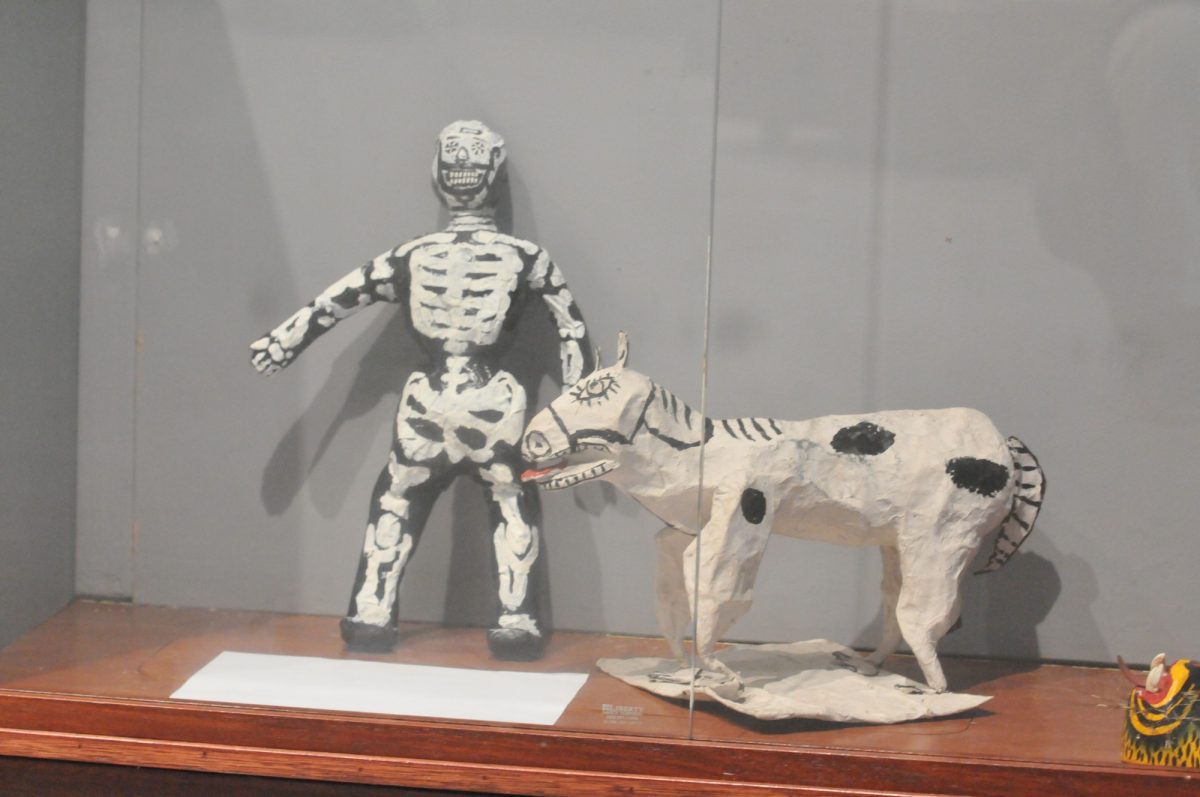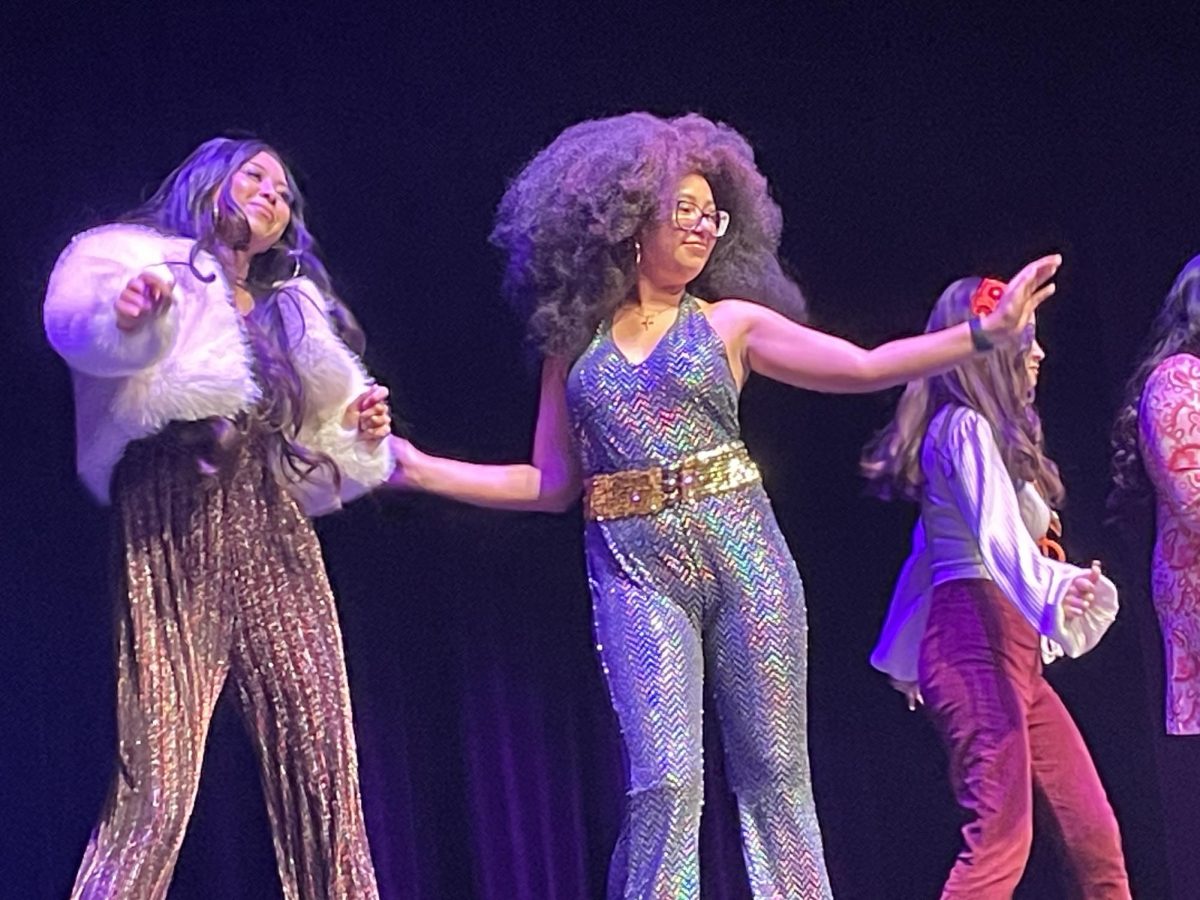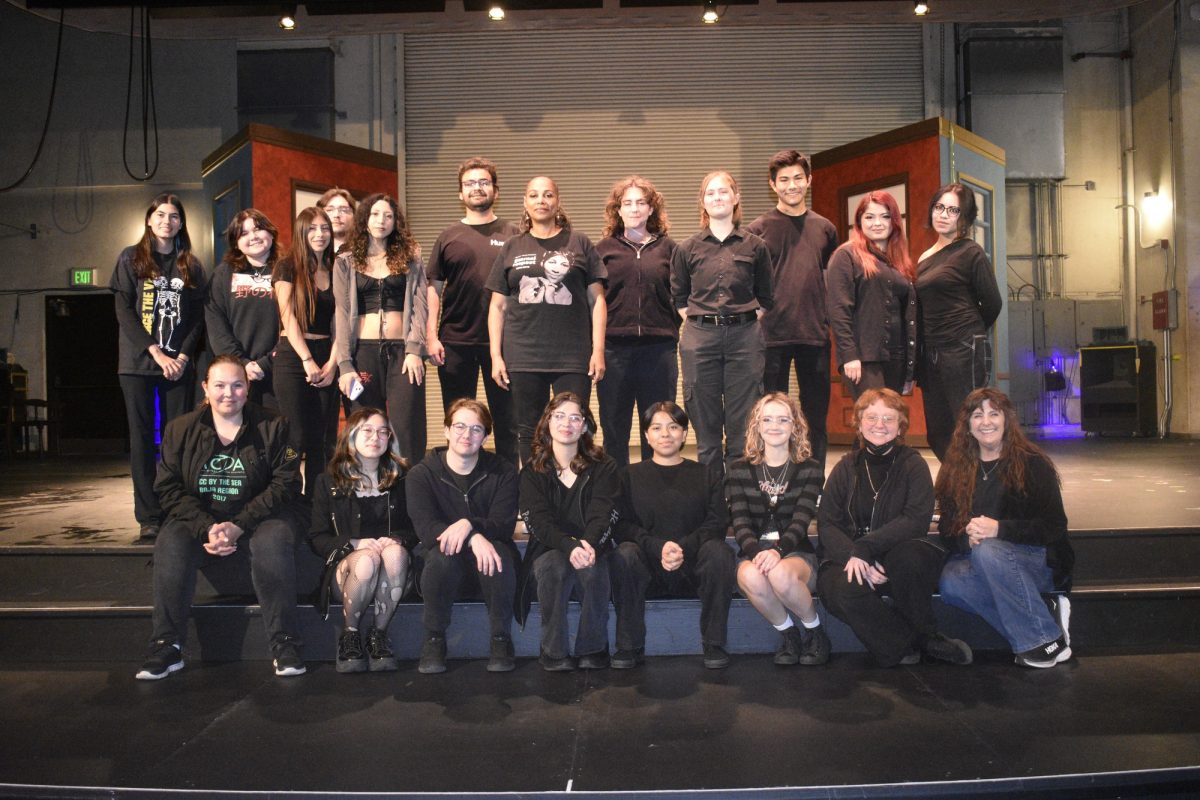Walking barefoot with unwashed hair, eating organic foods is the epitome of person living green. Right? Not quite. Going green means becoming economically aware of the hazards toward the earth, then putting effort to preserving it by using natural resources.
“I think it’s a wonderful concept that is overdue. We should have been doing it years ago”, Ed Martinez, Public Access Librarian, said.
On his own, Martinez is an avid believer recycling and practices it every day.
Becoming “greener” is an effective way to preserve the earth for the future and self-education of the new subculture can only enhance awareness and ultimately inspire action.
“We have to be aware and do all the above. Being more aware and conscious that we have limited resources and there are a lot more people on this earth than 40 years ago and we have to remember”, Martinez said.
Living on earth automatically qualifies anyone to help in own capacity. We were born hired to work for the health of the world and there is plenty to do.
“Be aware of what we’re purchasing. We all purchase things that are wasteful and we do have options”, Martinez said. “Going to the grocery store and telling a worker to skip the plastic bag on simple things can help.”
“Those are just simple things we [all] can do”, Martinez said.
Unplugging cell phones as soon as they are fully charged and shutting lights off in rooms were not in are a few helpful suggestions Al Gore gives, Martinez said.
There are plenty of obvious deeds that can be done like washing your clothes in cold water. By doing this we can save the gas that used to usually heat water.
Lately, going green has been away to get young people involved
Science Club members, Anna Urena and Aaron Rodriguez think that today’s youth want to feel important and wants something to care about.
But some duties aren’t plausible for students such as buying an economically efficient car or investing in solar panels for your homes, Urena said.
“I also think that if you make accessible to them, like buying and power efficient light bulb or recycling. It gives them a sense of brotherhood”, Rodriguez and Urena said.
“It also binds us together for a common good”, Rodriguez said.
English major, Urena suggests students should invest in very durable school supplies so that the need to buy more is not in the near future. Doing this will lead to not wasting plastic and other materials used to make the supplies.
Riding your bike to school or, in a more clever idea, waking up earlier so that you won’t have to speed to school and waste gas are also ideas of Urena.
“Also bring your own bottled water to school would help”‘ Urena said.
As students themselves, Urena and Rodriguez have there way of preserving our earth as well.
“I don’t wash my clothes too often. I go through ass my clothes and I wash so [that] I’m not constantly wasting water. I wash in big loads instead of [lots] of small ones.” Urena says.
” I try the recyclable alternative to certain products”, Geology major, Rodriguez said.
“Even thrift store clothes, we shop there a lot”, Urena said.
To every positive, there is a negative and with the concept of going green, there are some people who aren’t motivated to make difference.
“I heard people say that it’s hippie-ish or that it’s just a trend”, Urena said. “I think people are turned off by a label that may be attached with going green.”
“They probably think that it’s going to take more work but they should know that it is easier than they think.” Rodriguez said.







